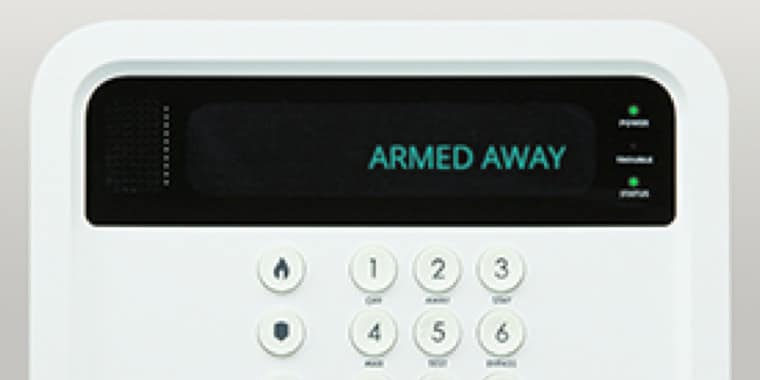If you’ve watched the news or checked your news alerts recently, you’ve probably heard about the Capital One data breach, where a hacker gained access to more than 100M Capital One customer accounts and credit card applications. In what’s been named as one of the biggest data breaches ever, everything from Social Security information to bank account numbers, credit scores, as well as names and addresses, were compromised. Hopefully you weren’t affected, but either way, this is a reminder that there are things you should know to help minimize the risk of your highly sensitive personal information being stolen.
Hacks are a reality
The idea that your highly-sensitive personal information could be hacked and distributed on the internet is terrifying, but it’s not at all uncommon. In fact, studies show that identity theft occurs every two seconds. We’re here to tell you that while you can’t control whether or not a breach will happen, you can prepare and help safeguard to minimize the damage and headache.
It can happen to anyone
Personal information stored in various places is vulnerable to theft, including cell phones and computers to WiFi networks, credit cards, and even your wallet. Big or small, breaches like this can be financially disastrous for individuals and businesses. Once personal information is exposed, cybercriminals can use the details to take money out of your bank account, or even commit or report a crime in your name. Identity theft comes at a huge price, costing consumers nearly $17 billion, and the average identity theft victim spends countless hours (over 104!) resolving fraud.
If you’re hacked, have a process in place
- Review your account statements carefully and frequently for any signs of unauthorized transactions and activity and report them to the bank instantly.
- Update your account passwords immediately. Try to avoid using passwords that you utilize on other sites and make them difficult for hackers to guess.
- Beware of scams, typically initiated through phone calls and emails prompting immediate action, even if they seem familiar or reference some of your personal information.
The Capital One data breach reminds us that while technology has made our lives easier in many ways, it’s made us vulnerable to new types of misfortune—misfortune that can happen to anyone. In the digital age, protecting your personal information is as crucial as something like homeowner’s insurance or health coverage. It’s time to take the next step in protecting your identity online, enjoying the peace of mind knowing you have support resources and the safety net of our services should something happen. Preparing for the worst means you can live your best.





